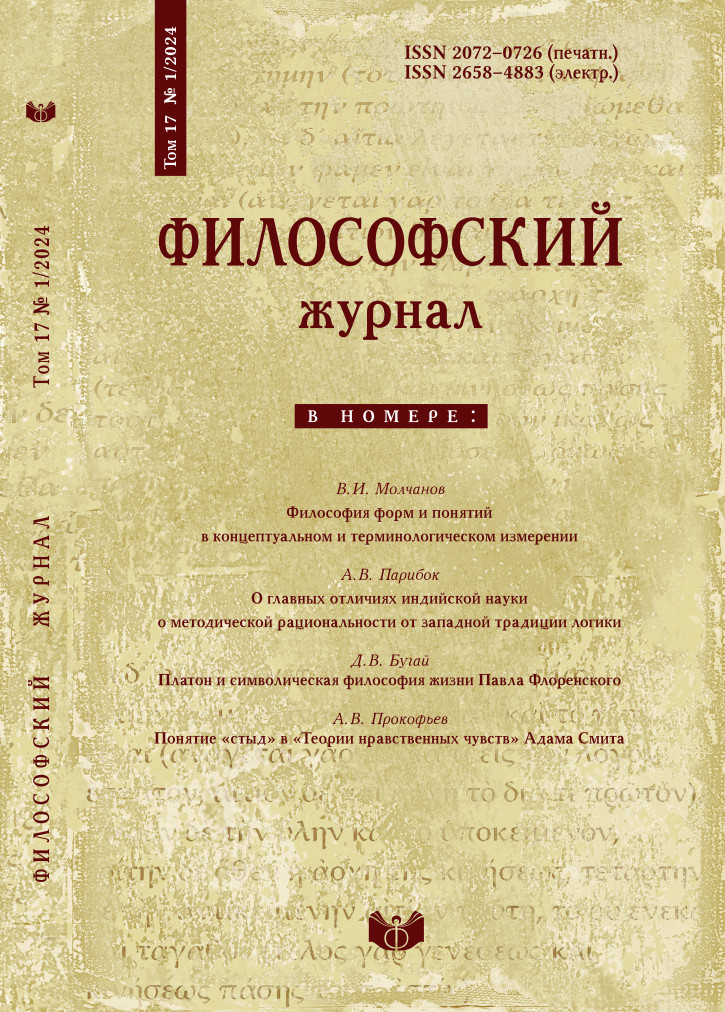Word and sentence meaning of early mimamsa
DOI:
https://doi.org/10.21146/2072-0726-2024-17-1-123-136Keywords:
philosophy of language, meaning, Indian philosophy, mīmāṃsā, vyākaraṇa, Vedas, linguistic philosophy, sentenceAbstract
A correlation between Indian linguaphilosophy and Western philosophy of language is possible with regard to the question of meaning – one of the main issues of any linguo-philosophical teaching. The Indian philosophical tradition, represented by orthodox schools, the main of which is the so-called mīmāṃsā, was guided by the authority of sacred scripture – the Vedas, and through critical argumentation was engaged in understanding and interpreting their content, and therefore unique linguo-philosophical ideas were formed. This work presents the ideas of mīmāṃsā, the general picture of which can be formulated as follows: 1) the doctrine joins the theory of the non-human origin of language as opposed to the theory of convention; 2) a transcendental approach to language is defended, where the eternal, a priori connection of words and meanings is affirmed, which is the opposite of the naturalistic view; 3) an activity-based approach to the meaning of statements/sentences is formulated, which is due to the categorical pair sādhya-siddha, i.e. “subject to implementation – realized”, in other words, the logic of process-result, founded in the philosophical teaching of mīmāṃsā, and opposed to the logic of subject-predicate, based on the pair of concepts dharma-dharmin, on which other representatives of Indian philosophical thought build their teachings. The work also draws parallels between the mīmāṃsā tradition and the ancient Indian linguistic tradition – vyākaraṇa, which allows us to clarify the nature of the linguo-philosophical ideas of the former, and also describes the theories of the meaning of sentences of the medieval mīmāṃsā – anvitābhidhāna-vāda and abhihitānvaya-vāda. The linguistic philosophy of the mīmāṃsā tradition, and, in particular, the advocacy of a non-naturalistic attitude to language and an activity-based or even pragmatic approach to the interpretation of sentences is unique both for the history of Indian philosophy and from the point of view of the Western tradition of philosophy of language.






